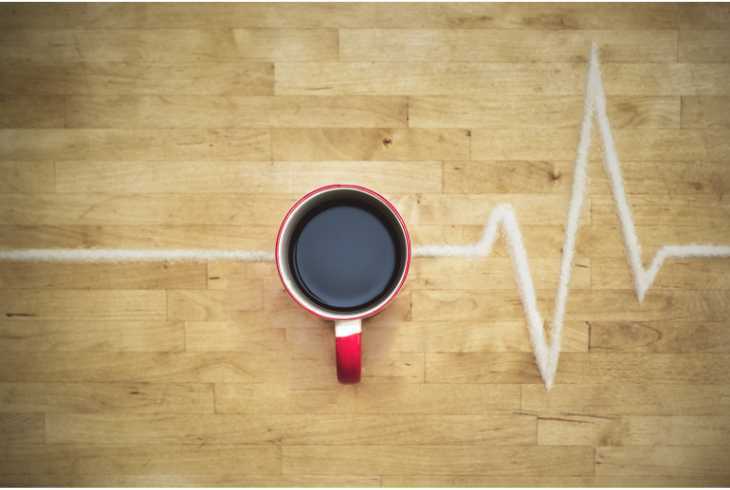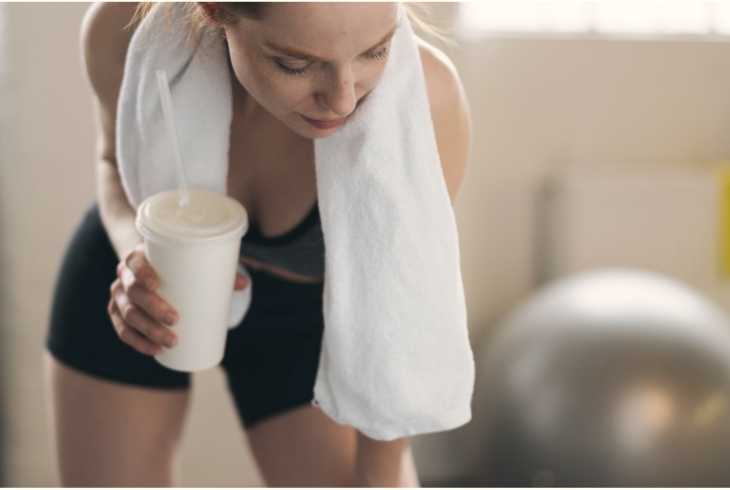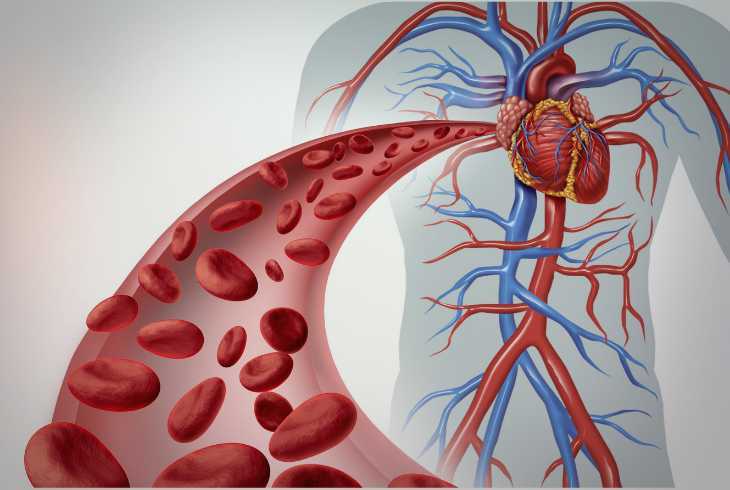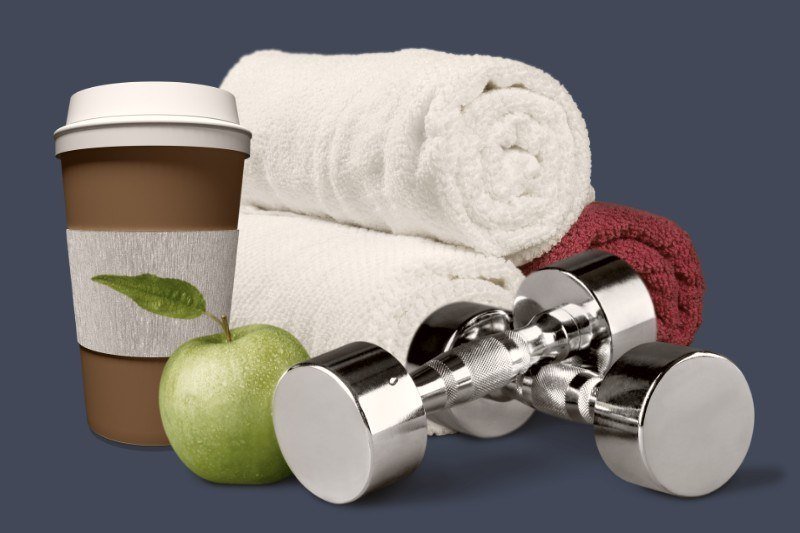With the sizzling heat of summer waiting just around the corner, hopefully, you have put in hard work and effort during the winter times to slowly get to that bikini body. If not, then do not worry, because there is still time to reach your fitness goals.
However, if you struggle with dragging yourself to the gym, then maybe all you need is a cup of liquid magic. What is liquid magic you may ask? Well, many might know this beverage by its standard name, coffee.
Caffeine has been linked to major fitness benefits, such as helping with longer, faster and better workouts. Also, according to the motivational intensity theory and the hedonic theory of motivation, reducing a human's perception of effort and discomfort during a certain activity (in this context, it is working out) should automatically increase the desire to go along with it.
In simple terms, that strong coffee you had just before your lifting session will make the training seem less exhausting and more fun.
Drinking coffee before a workout is especially helpful for serious bodybuilders who are trying to cut body fat while still having enough energy for more intense workouts.
If you are still in denial about the major benefits of coffee then stay tuned and read all about the 5 ways coffee can boost your workout.

1. It improves your metabolism and keeps you lean
First things first, people who are trying to cut body fat and attain that lean looking body should rest assured that coffee is their number one friend along the way. Let's get nerdy and scientific! When a person drinks a cup of coffee early in the morning, the caffeine from the beverage induces a fat-releasing effect, also known as lipolysis.
During this process, the fat molecules within the fat stores turn into free fatty acids and they get into the bloodstream. As a result, you are left with the exhilarating feeling of being able to punch through walls and jump over fences.
So, when you reach for a cup of coffee instead of carbs, you have something else to fuel your intense workout. When you combine a good workout with free fatty acids, then you achieve something called fatty acid oxidation. This also means that caffeine is great for fat burning, and metabolism functions.However, many remain skeptical about the claims that caffeine promotes fat burning due to the fact that there are plenty of coffee drinkers who struggle with weight gain. Actually, the most obvious explanation of the population's obesity does not have anything to do with coffee!
Of course, a lot of these people drink their coffee with caramel sauce or whole milk paired with a cookie or two. So, even though coffee is excellent for weight loss, it should be noted that one needs to make sure to consume enough calories throughout the day.

2. It reduces muscle pain
Next, caffeine is thought of as an all-natural way to alleviate muscle pain and soreness after an intense workout. Also, according to many, a cup of coffee has shown to reduce the time of recovery by half.
Of course, the pain-reducing quality of caffeine has long been an interesting topic for scientists, and a lot of research has been conducted. Also, did you know that caffeine is one of the top ingredients in pain relievers such as Excedrin?
One research, in particular, conducted by The University of Georgia has found that about two cups of coffee can reduce post-workout pain by up to 48 percent. The team of researchers studied nine females who were not regular coffee drinkers nor gym goers.
One or two days after a vigorous exercise session, the subjects were experiencing muscle soreness. They were given either a placebo or caffeine in order to find out whether it will be of any use against the pain. In result, those women who consumed caffeine has a 48 percent reduction in pain compared to the others who took the placebo.
All in all, caffeine is considered as a more effective way to relieve the dreadful post-workout muscle pain than popular drugs. For example, Aspirin produces about 25 percent reduction, whilst ibuprofen remains inconsistent. Of course, stay smart and do not exceed the recommended daily doses.

3. It benefits endurance
Caffeine can do much more than just wake you up in the morning or ward of the afternoon sluggish mood. Most importantly, it can perform as an extremely effective ergogenic aid when used in the proper doses.
However, even though there have been a lot of studies conducted on the topic of caffeine improving performance and endurance among athletes, researchers are still not sure why exactly this happens.
One theory about how caffeine improves exercise performance states that caffeine affects the brain and the central nervous system by increasing the overall alertness and regulating central fatigue.
So, how much caffeine should a person consume in order to get the best out of a workout? In fact, experts recommend not over exceeding the dosage of about three to six milligrams per kilogram of overall body mass.
For example, a person weighing at about 75 kilos should aim for about 225mg of caffeine. Of course, this is an optimal dose, which can be increased to up to 450mg depending on the individual's personal needs and goals.
However, it is important to mention that caffeine does not affect everyone the same way and that some can get away with consuming more than others. Fitness enthusiasts recommend pairing a cup of coffee with a bowl of nutritious protein oats. This option is not only satisfying, but it will not be too heavy to digest and you will end up smashing your workout.

4. It helps fight disease
One of the main reasons why a lot of people adore drinking coffee (besides its fantastic smell and taste) is that it contains powerful antioxidants known for reducing the risk of different chronic diseases. Antioxidants are needed to make sure that the blood is clean and safe from free radicals.
Just some of the many benefits of drinking coffee on a daily basis include reducing the risk for:
Even though coffee is considered one of the main super-foods in a person's diet, the way it is consumed is also important.
What is meant by this? Well, in other words, a lot of avid coffee-drinkers do not like consuming this beverage just by itself. This means that people usually combine it with a tablespoon of sugar, a splash of creamer or any other artificial flavorings. As a result, the health benefits of this lovely beverage drop by a large amount.
For example, most people enjoy drinking their black coffee sweetened with sugar. According to the American Heart Association, a female should consume no more than six teaspoons of sugar per day, whilst men should limit themselves to nine teaspoons daily.
When things add up and the coffee drinking goes to the extremes, the amount of sugar certainly over exceed the recommended doses. Also, some people think that it is a good idea to switch to a non-dairy creamer instead of the regular kind.
However, non-dairy creamer contains partially-hydrogenated oils and trans fats which can be extremely life-threatening. According to experts, the reason why people cannot stop using additives in their coffee is due to the fact that they are purchasing stale beans. So, opt for fresh-roasted, naturally sweet coffee beans!

5. It improves blood flow
Finally, caffeine is said to perk up the blood vessels in the body and improve overall blood flow. Why is this important? As a matter of fact, the body's circulation system is what keeps sending blood, oxygen and various nutrients all throughout the body. When something goes wrong and blood flow in a certain part of the body is reduced, a person may experience symptoms of poor circulation.
Frequently, poor circulation happens in a person's extremities, such as the legs and the arms. However, poor circulation isn't considered a condition in itself, but rather it is a clear result from other underlying health issues. For example, it is commonly present with people who struggle with obesity, diabetes, and arterial problems.
The most common symptoms of poor circulation include a sense of tingling, numbness and general pain in a certain area in the body. Luckily, according to many, regular coffee drinkers have fewer (or no) cardiovascular problems than other individuals who do not consume caffeine on a daily basis.
Furthermore, as already mentioned, caffeine improves heart health by making sure that the small blood vessels work at an optimal level. Professor Masato Tsutsui, also a cardiovascular expert from the University of the Ryukyus in Japan conducted a study which resulted in the finding that caffeine causes a slight increase in blood pressure and it improves the functioning of cells lining blood vessel walls.

Final Thoughts
In summary, not only is coffee a delicious all-natural beverage, but it also comes with heaps of benefits when it comes to reaching your fitness goals. Caffeine boosts metabolism levels and keeps you looking shredded, it reduces muscle soreness, it makes you feel more energized during your workouts, it helps fight serious diseases, and it is also a natural way to improve circulation.
Most importantly, remember to not go overboard and stick to two to three cups a day for best results.




